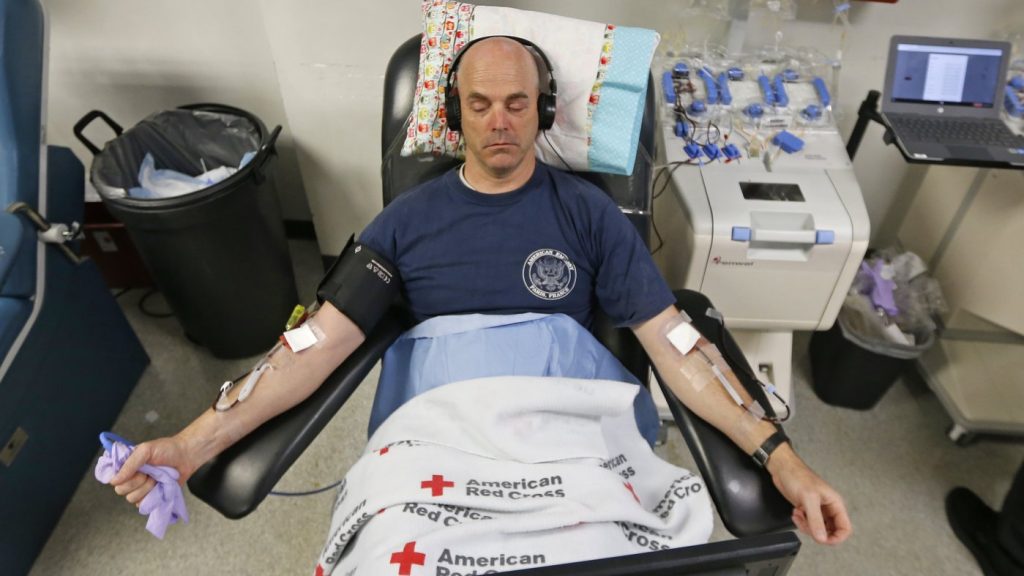SALT LAKE CITY — Utah's state Legislature is considering a new bill that would significantly change the way patients can handle blood donations for medical procedures. The proposed legislation seeks to allow health care facilities to permit patients to "Bring Your Own Blood" (B.Y.O.B.) for their medical procedures, a concept that has garnered considerable attention and sparked debate following its recent passage in the state House with unanimous support.
The bill, which will now head to the Senate, mandates that hospitals must allow patients to use their own blood or to choose a private donor, typically a friend or family member, for their transfusions. This decision comes despite concerns from organizations like the American Red Cross about the potential risks and complications associated with such preferences. Directed donations are permissible under federal law, but the screening process for these donations has been criticized for limiting patients' choices.
Rep. Kristen Chevrier, the freshman Republican legislator sponsoring the bill, stated that she was motivated to present this legislation due to numerous requests from patients who had faced denials for directed blood donations at Utah hospitals. “Their situations are serious and delicate,” Chevrier commented, emphasizing the need for patients to have control over their healthcare choices, particularly concerning something as intimate as blood donation.
Chevrier has a background as an anti-vaccine advocate, which adds context to the bill's emergence in light of the COVID-19 pandemic. Many patients have expressed concerns regarding vaccine safety and are eager to choose blood donors they trust, particularly those who may share similar vaccination statuses. The bill would effectively eliminate the power of hospitals and blood banks to deny requests for using personal blood, except in emergencies, relieving these providers of liability for any adverse outcomes resulting from this practice.
Despite the intent behind the legislation, the American Red Cross has warned it could create unnecessary risks for patients. Daniel Parra, a representative from the organization, stressed that the preference for using known donors is often based more on personal preference than medical necessity and could divert critical resources away from patients in dire need of traditional blood supplies. Parra pointed out that this shift could lead to negative consequences for the overall delivery of lifesaving blood to others in need.
Medical professionals, including Kristina Pexton, a blood transfusion specialist at a Utah hospital, have echoed similar concerns about the potential strains the proposed legislation could place on the healthcare system. The voluntary blood donation system, which has robust procedures to ensure safety and efficacy, is seen as a more reliable alternative to directed donations, which may come with increased risks. Family members and friends, under pressure to donate, may not fully disclose their health histories, thereby posing additional health risks to recipients.
The Centers for Disease Control and Prevention (CDC) have previously asserted that there is no scientific basis for concerns about receiving vaccinations through blood transfusion. Nonetheless, the level of public interest in this choice has prompted lawmakers to consider the perspectives of patients who desire greater agency over their healthcare.
Ultimately, as the discourse around directed blood donations evolves in Utah, the broader implications for patient safety, resource allocation in healthcare, and the ongoing debates regarding public health and personal choice remain critical points of discussion among lawmakers and healthcare professionals alike.










